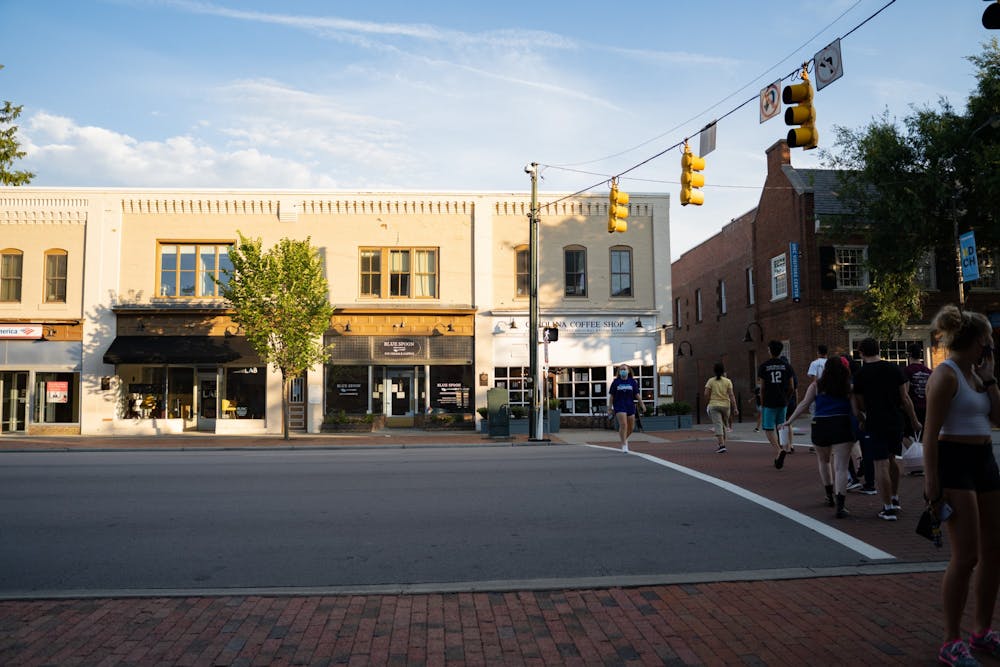After a slower-than-usual summer season in Chapel Hill, some restaurants were ready for the usual dine-in traffic from students returning to campus. But now, businesses are bracing for impact as the University has transitioned online and on-campus students are leaving their dorms.
Que Chula, a family-owned Mexican restaurant on Franklin Street, opened on May 7, while restaurants were closed for dine-in services under an executive order from Gov. Roy Cooper. Owner José Ramirez said it was a hard decision to open the restaurant only for takeout, because it costs more than dining in.
“We had to open because we were going to start paying rent,” Ramirez said. “Whatever we could make, it was helpful for the rent, but when you do takeout, you have to spend more money on to-go containers and utensils.”
Ramirez said the restaurant's team was patient when trying to survive the months before students came back to campus. He said during move-in week, the restaurant had its busiest week yet.
“We hired more employees, like cooks and waitstaff,” Ramirez said. “It was a very tiring week for everyone, but servers were very happy because they were making good money.”
Ramirez said when the news about clusters of COVID-19 cases on campus spread, business slowed down again as fewer residents went to Franklin Street.
“It is worse now than when we started,” Ramirez said. “Local families who usually walk on Franklin Street and stop to eat are not doing that anymore because they are afraid of students.”
Ramirez is not the only restaurant owner who has noticed this effect. Bret Oliverio, owner of Sup Dogs, said he thinks business has been slower since clusters at UNC made national news.
“I don’t necessarily think it’s that students are leaving, I think it’s more of a function of people feeling unsafe,” Oliverio said. “For us, being Sup Dogs, we are sort of hyper-focused on college students and are known as a popular place for students. When the breakouts happen, families are less likely to want to eat here and be around UNC students."



